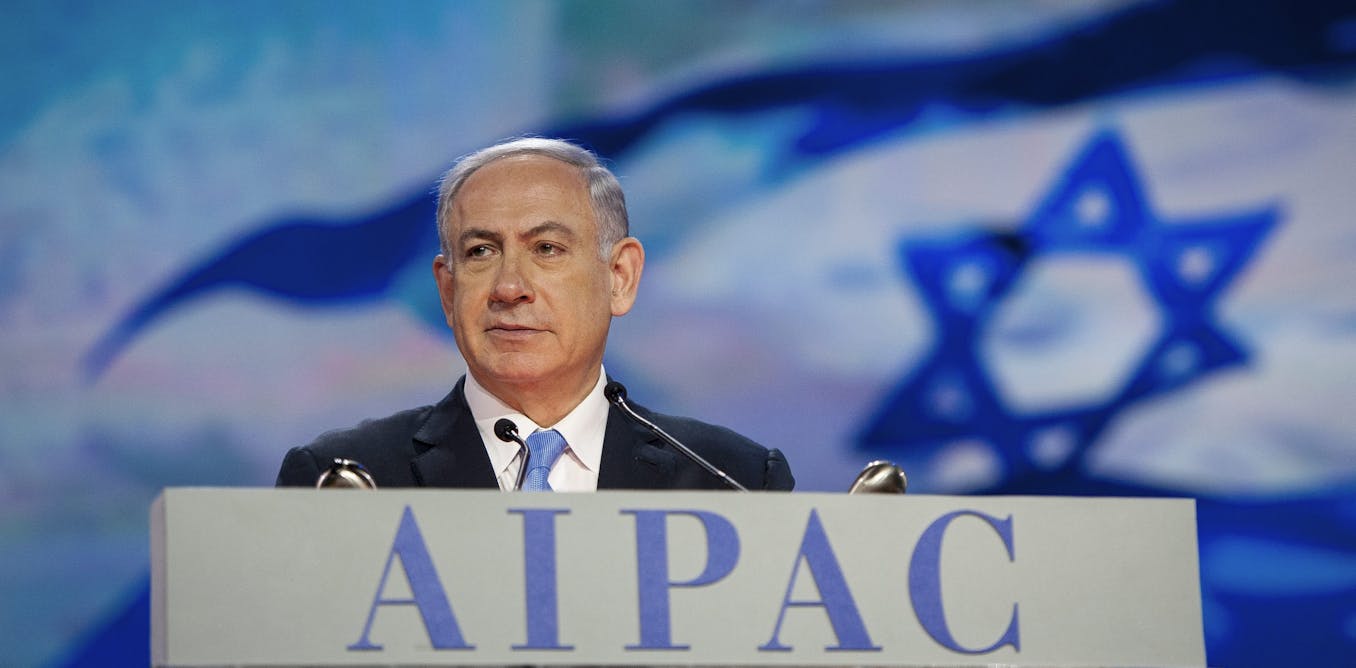by NED CURTHOYS

Last May, on a trip to the United States, world-renowned Israeli–Jewish historian Ilan Pappe was detained by Homeland Security and held for two hours.
Aged 69 at the time, he was, among other things, asked about his views on Hamas and whether Israel’s actions on the Gaza Strip amount to genocide (he said yes). He was then asked to provide phone numbers of his contacts in the Arab–American and Muslim–American communities.
In December, months after his interrogation by Homeland Security in the US, Pappe was removed without explanation from the BBC podcast, The Conflict, about the Middle East on the day he was supposed to record his contribution.
Pappe is one of Israel’s “New Historians”, who look for the truth about the 1948 Israeli “war of independence”.
The war began when Israel declared its independence following the partition of Palestine. Though it was quickly recognised by the US, the Soviet Union and other countries, it was immediately attacked by Egypt, Iraq, Lebanon, Syria and Jordan. When the war ended in July 1949, the new state controlled one-fifth more territory than the original partition plan, to which it refused to return.
Palestinians mourn the 1948 war as the Nakba: their violent mass displacement and dispossession. (It created about 750,000 Palestinian refugees.)
One of the world’s most prominent scholars of the entwined histories of Israel and Palestine, Pappe is an urgent advocate of Palestinian rights and author of a groundbreaking 2007 book on the formation of the state of Israel, The Ethnic Cleansing of Palestine.
His latest book, Lobbying for Zionism on Both Sides of the Atlantic, seeks to understand how a pro-Israel lobby has formed, both in his country of residence, the United Kingdom, and in Israel’s most powerful and ardent supporter, the US.
Pappe’s book is worth heeding: he is both a scholar of the Israel lobby and a recent victim of its attempt to deplatform pro-Palestinian perspectives.
An ‘aggressive’, anxious lobby
This is the story of an “aggressive” lobby that eagerly seeks to stamp out narratives of Palestinian dispossession and suffering – in case they legitimise Palestinian claims for statehood, or attract sympathy for Palestinians’ lack of political and civil rights in the Occupied Territories.
The Conversation for more
